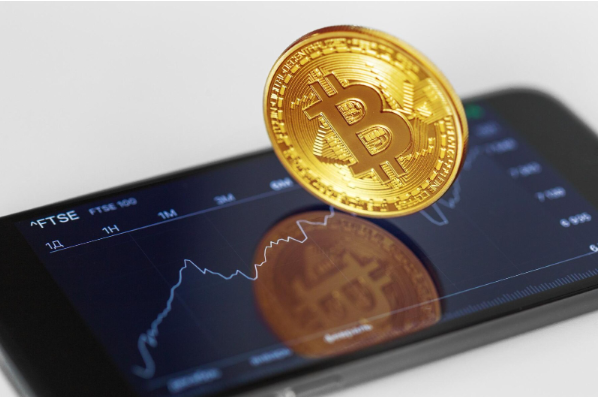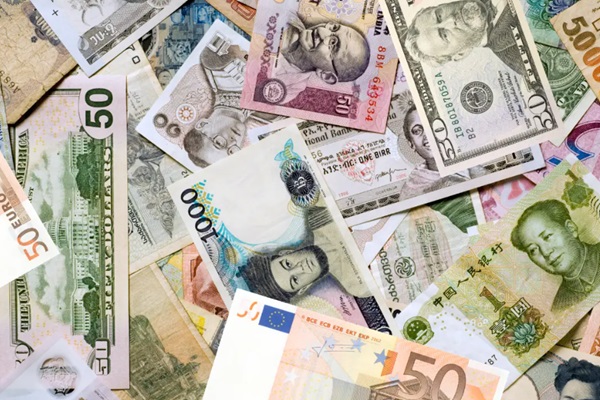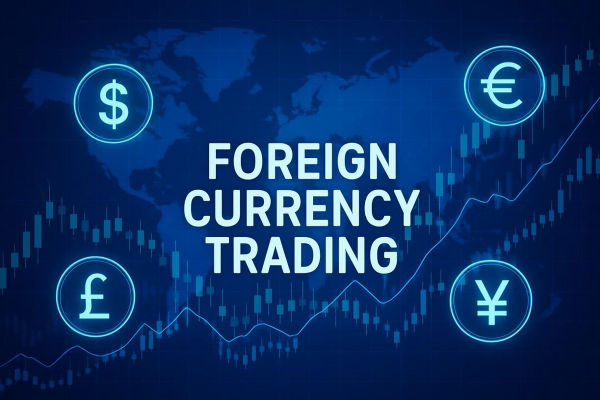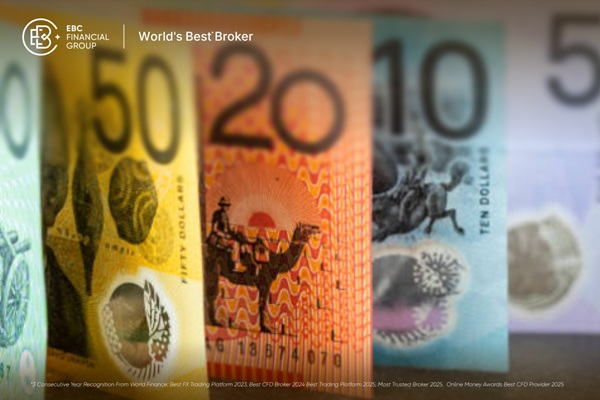Currencies are the backbone of global economies, facilitating trade, investments, and everyday transactions. But have you ever wondered how many currencies are there in the world? The answer is both fascinating and essential to understanding the global financial system. Currently, there are 180 official currencies recognised globally, each with its own unique value and importance.
In this article, we’ll explore the official currencies, the most traded ones, the factors influencing their value, and the rise of cryptocurrencies. Let’s dive into the details and discover why currencies matter more than you think.
How Many Official Currencies Exist Today?

There are 180 official currencies recognised by the United Nations and used across 195 countries. However, only a few dominate globally: the USD (United States Dollar), EUR (Euro), JPY (Japanese Yen), and GBP (British Pound Sterling). These currencies are strong due to their widespread use, economic stability, and global trust.
Why Are These Currencies Strong?
USD (United States Dollar)
Global dominance: Used in 88% of forex trades and over 60% of global reserves.
Economic power: Backed by the world’s largest economy.
petrodollar system: Oil and commodities priced in USD drive demand.
EUR (Euro)
Economic bloc: Used by 20 EU countries, representing 340 million people.
Reserve currency: Accounts for 31% of global reserves, showing investor trust.
JPY (Japanese Yen)
GBP (British Pound Sterling)
Historical significance: One of the oldest currencies, symbolising resilience.
Global hub: London remains a major financial centre.
These currencies dominate due to the economic power, stability, and trust of the regions they represent. While there are 180 currencies worldwide, the USD, EUR, JPY, and GBP remain essential to global trade and finance.
What Are the Most Traded Currencies?

The foreign exchange (forex) market is the largest financial market in the world, with a daily trading volume of over $7.5 trillion. Here are the most traded currencies:
US Dollar (USD): Involved in 88% of global forex trades.
Euro (EUR): Accounts for 32% of forex transactions.
Japanese Yen (JPY): Represents 17% of forex trades.
British Pound (GBP): A key player in 13% of transactions.
Chinese Yuan (CNY): Growing in importance as China expands its global influence.
These currencies dominate the global market due to their economic stability and widespread use in international trade.
What Factors Influence Currency Value?
Currency values fluctuate due to various factors, affecting both global trade and personal finances. Here are the key drivers:
Economic Stability: Countries with strong economies tend to have stable currencies.
Interest Rates: Higher interest rates attract foreign investments, increasing currency demand.
Political Environment: Political stability fosters confidence in a nation’s currency.
Supply and Demand: A higher demand for a currency strengthens its value.
Trade Balance: Countries with export surpluses often have stronger currencies.
For example, the US Dollar remains strong due to its role as the world’s reserve currency and America's economic strength.
How Many Cryptocurrencies Are There

Currently, there are over 23,000 cryptocurrencies, with notable ones including:
Bitcoin (BTC): The first and most valuable cryptocurrency.
Ethereum (ETH): Known for enabling smart contracts and decentralised applications.
Tether (USDT): A stablecoin pegged to the US Dollar.
Unlike fiat currencies, cryptocurrencies are decentralised and operate on blockchain technology, independent of governments or central banks.
1) Why Are Cryptocurrencies Popular?
Decentralisation: Freedom from government or central bank control.
Transparency and Security: Blockchain ensures secure, fraud-resistant transactions.
Global Accessibility: Fast, low-cost cross-border transactions.
Inflation Hedge: Limited supply coins like Bitcoin protect against inflation.
Innovation: Platforms like Ethereum enable decentralised finance (DeFi).
2) Impact on Paper Money
Reduced Central Bank Control: Cryptocurrencies challenge the monopoly of fiat money.
Digital Shift: Accelerates the decline of cash usage.
Currency Competition: Stablecoins and cryptocurrencies may rival weak fiat currencies.
Financial Inclusion: Offers banking alternatives to unbanked populations.
Though cryptocurrencies won’t replace paper money soon, they are reshaping the global financial landscape.
What Is the Impact of Currency Fluctuations?
Currency fluctuations can have significant effects on individuals, businesses, and economies. Here’s how:
Cost of Living: A weaker currency increases the cost of imported goods, raising living expenses.
Global Trade: Currency value impacts the price competitiveness of exports and imports.
Investment Returns: Currency fluctuations affect the profitability of international investments.
Travel Costs: A strong currency provides more purchasing power abroad.
For instance, when the Euro weakens against the US Dollar, European exports to the US become cheaper, benefiting European businesses.
Why Do Currencies Matter?
Currencies are more than just tools for transactions. They hold significant economic, cultural, and political importance. Here’s why they matter:
Facilitate Trade: Currencies enable both domestic and international commerce.
Economic Identity: A nation’s currency reflects its sovereignty and economic strength.
Global Exchange Rates: Currency values influence global trade balances.
Investment Opportunities: Forex and cryptocurrency markets provide lucrative opportunities for investors.
Understanding currencies helps individuals and businesses navigate the global economy more effectively.
Conclusion
With 180 official currencies and thousands of cryptocurrencies, the world of money is vast and dynamic. Knowing how many currencies are there in the world and how they operate is essential for understanding global economics. From facilitating trade to influencing investments, currencies play a pivotal role in shaping our world.
Whether you’re a traveller, trader, or curious learner, understanding currencies equips you with the knowledge to make smarter financial decisions. Explore the fascinating world of traditional and digital currencies today!
Disclaimer: This material is for general information purposes only and is not intended as (and should not be considered to be) financial, investment or other advice on which reliance should be placed. No opinion given in the material constitutes a recommendation by EBC or the author that any particular investment, security, transaction or investment strategy is suitable for any specific person.


















